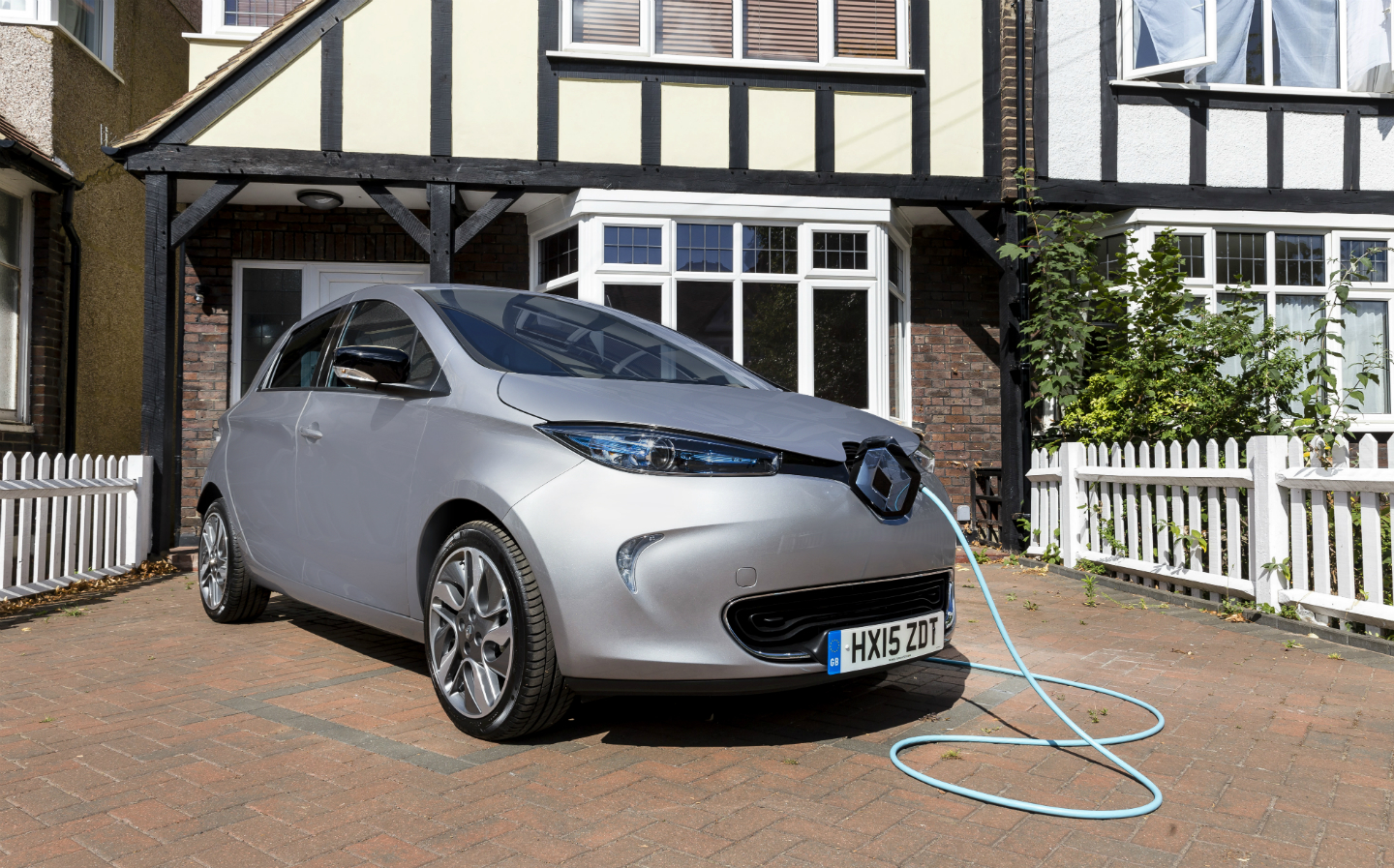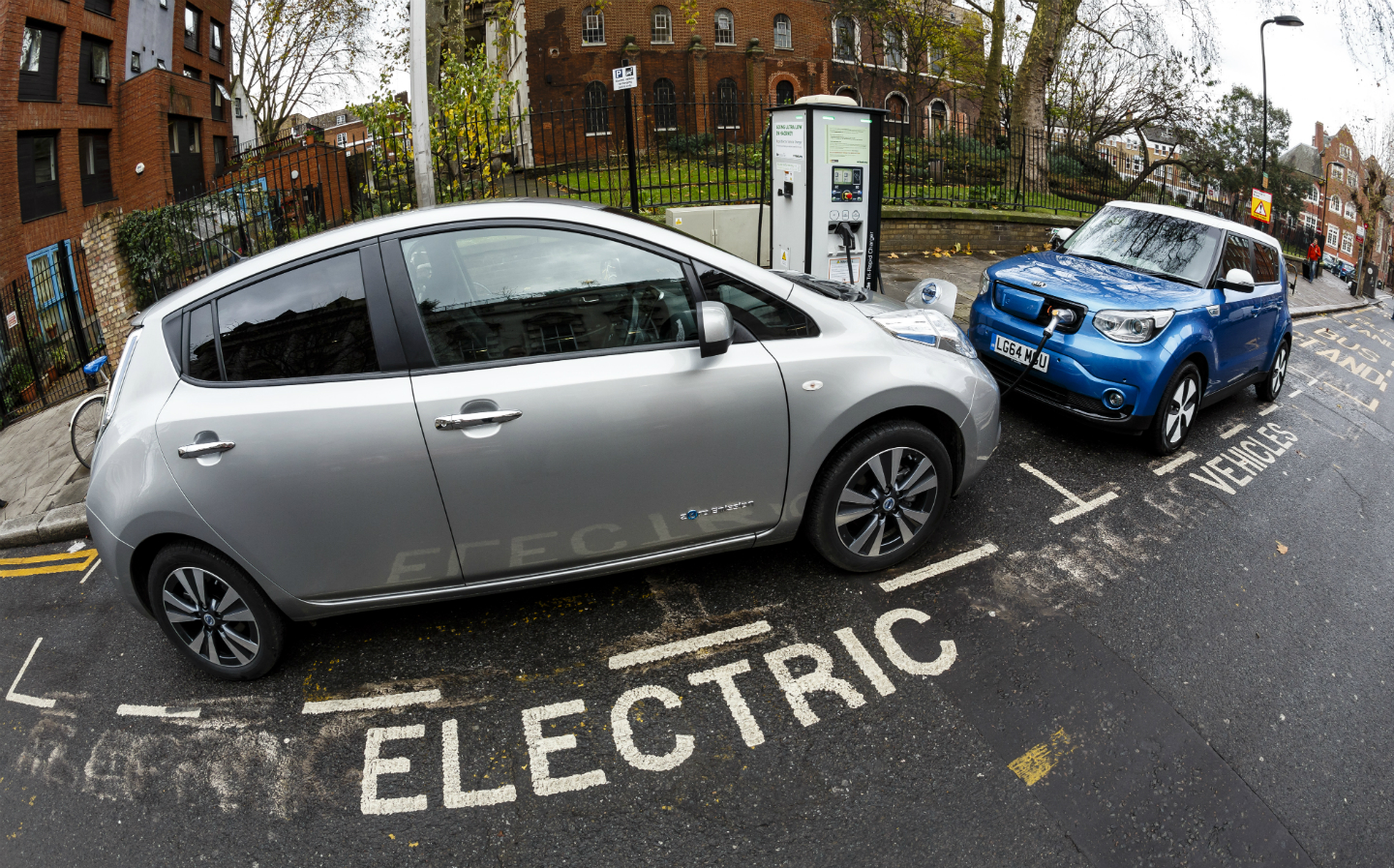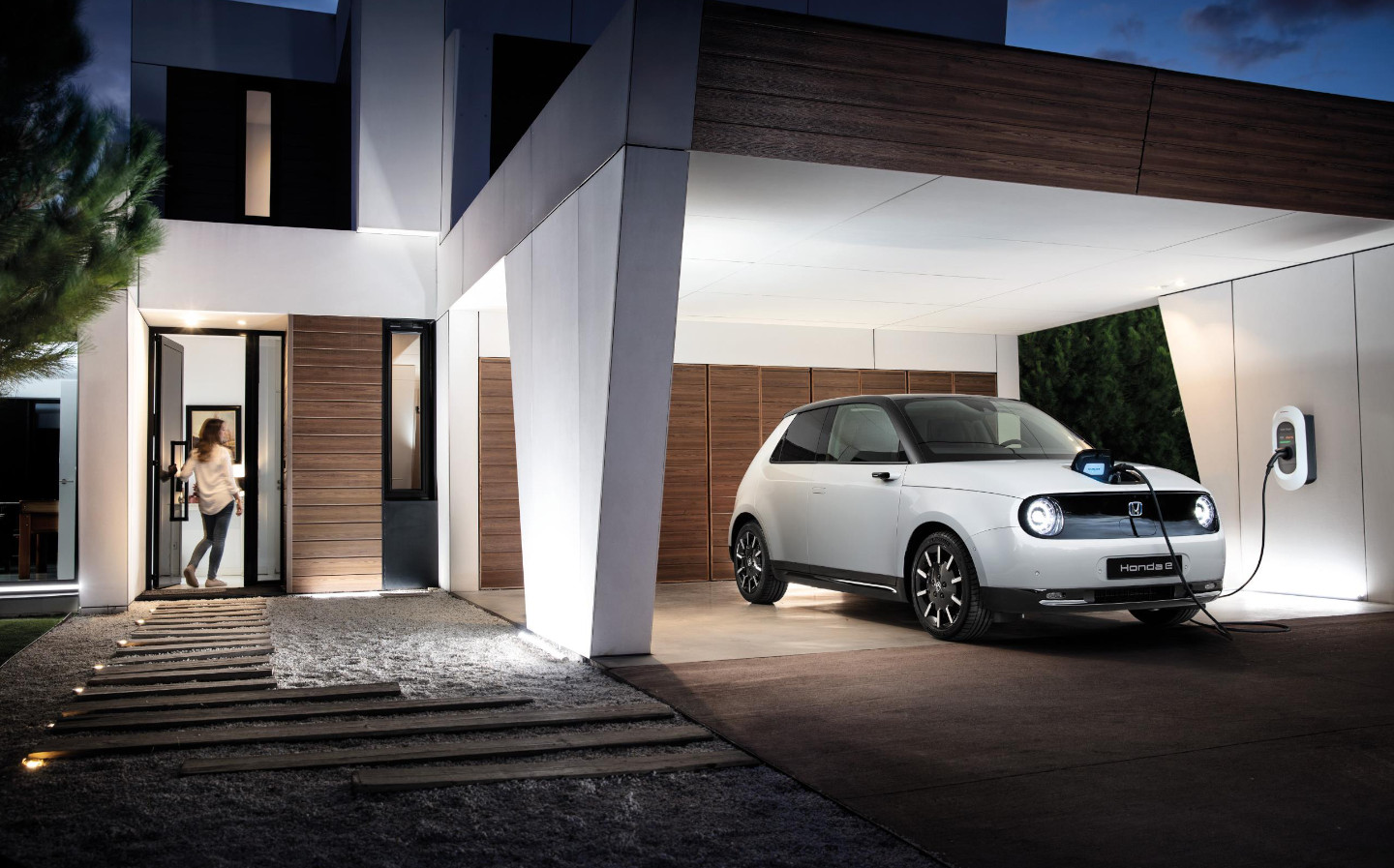Electric car chargers to be required by law in all new house and office builds in England – perhaps by 2022
Separate legislation required for Wales, Scotland and Northern Ireland
THE UK GOVERNMENT will introduce legislation to include electric vehicle charging points on all new-build homes and offices in England, it has been confirmed.
The announcement by MP Rachel MacLean, under-secretary at the Department of Transport, comes amid mounting concern about a shortage of chargers as more motorists switch to electric cars and the sale of new petrol and diesel cars ends in 2030.
The UK currently has around 25,600 public charging points in more than 16,000 locations but ten times that amount is required by 2030, according to a report released earlier this year by the Competition and Markets Authority.
Addressing one potential issue that may result from an increase in the number of electric vehicles, the new legislation will mandate that the new chargers are “smart” devices enabling owners to charge their vehicles at off-peak times to save money and avoid overloading the electricity grid. By default, chargers will be set to send power to the cars during the night, when demand is low.
The legislation will not apply to Wales, Scotland or Northern Ireland as such issues are matters for the devolved parliaments, though they may themselves introduce similar legislation in time.
New electric car home charging rules at a glance

When will electric chargers become mandatory on new-build homes?
According to Rachel MacLean, the government intends to “lay legislation later this year”, meaning that the measures could come into effect from 2022.
Will it be compulsory on older homes?
No, this legislation just targets new builds, though for those intending to buy an electric vehicle or plug-in hybrid in the years ahead, installing a charger may be a practical move.
How much does it cost to install an electric car charger in your house?
Installing an electric car charger costs around £800, though those making the switch can take advantage of a £350 government grant to be put towards the cost.
Are electric car chargers standardised?
Not quite, as different electric cars can handle different speeds of electricity flow, though most electric cars today feature a “Type 2” AC socket and most home charger wallboxes are Type 2 AC, rated at either 7kW or 11kW. You can also buy Type 2 cables that will connect to a standard three-pin 13-amp wall socket, though recharging this way is slow and safety can be an issue is the home wiring isn’t capable of delivering 10-13amps over many hours.
A 7kW Type 2 charger will take a Nissan Leaf’s battery from flat to full in around 7.5 hours, for example. Charging times for electric cars will vary depending on the size of the battery pack and the speed of the charger.
AC chargers can generally be used up to around 50kW, and an increasing number of cars have faster DC charging capability (up to around 350kW at present), though these rapid and ultra-rapid chargers are not available for use at home.
What about people in apartments or without off-street parking?
New apartments will, presumably, fall into the “new builds” category, so if there are parking facilities, expect the installation of chargers. Those without off-street parking will still have to use public chargers or, if they drive there, those at their workplaces. We found that it is possible to own an electric car without home charging availability, using only public rapid chargers, though it is less convenient and costs are higher.

How much does it cost to charge an electric car at home?
The average cost of electricity in the UK is around 17p per kilowatt hour (kWh), so multiply that by the battery capacity of the vehicle you’re charging to find the approximate cost of a full charge. At that rate, fully recharging the 40kWh battery on a Nissan Leaf, for instance, would cost around £6.80 and deliver 168 miles.
For those charging their cars overnight, finding an electricity provider offering attractive off-peak rates can make charging cheaper still.
Tweet to @ST_Driving Follow @ST_Driving
- After reading about how electric car chargers are to be required by law in all new house and office builds in England, you might be interested in how Honda closed its Swindon factory after 35 years of car production
- Or read how every new Ford sold in Europe to be pure-electric by 2030
- Watch how Ford replaces human drivers with robots for extreme new-car testing





